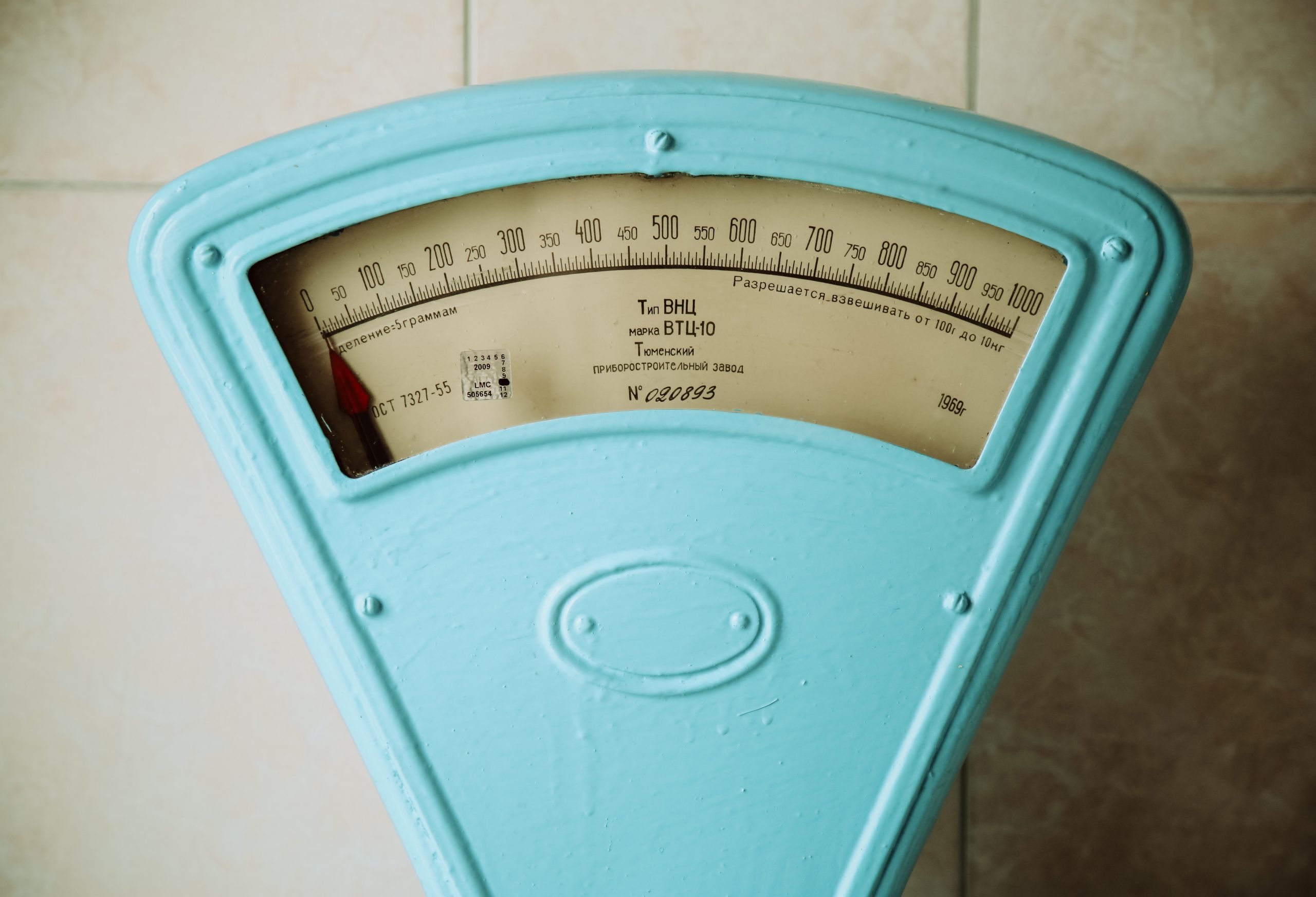The dietary supplement industry is growing exponentially year after year, driven by both the growing public interest in health and improving quality of life and the online environment that promotes information about the benefits of dietary supplements that seem to guarantee you youth without old age and life without death.
But before you buy any dietary supplement, it is good to keep in mind that, unlike prescription drugs, supplements are often sold without evidence that the claimed benefits are real. Moreover, there is no way to know what is really inside the pills and potions because supplement companies are not regulated and evaluated in the same way as the pharmaceutical industry.
This does not mean that they should not be consumed, but purchasing them from reputable companies that produce supplements on a large scale and knowing some contraindications to their use can make a big difference.
Dr. Pieter Cohen, an associate professor at Harvard Medical School who studies dietary supplements, believes that the following three dietary supplements may lead to heart complications:
Red yeast rice
Red yeast rice is made from a type of yeast grown on white rice. The supplements contain monacolin K, a substance identical to the active ingredient in cholesterol-lowering drugs. Studies suggest that such supplements with high amounts of monacolin K may be effective, which may appeal to people who are unable to tolerate statin drugs.
Heart risks: If you take a statin, it is best to avoid this dietary supplement, which, in combination with the drug, can cause muscle pain or even life-threatening damage to the body.
L-arginine
L-arginine is an amino acid that helps relax and dilate blood vessels. L-arginine supplements are marketed as a way to improve circulation, lower blood pressure, and help with erections.
Heart risks: People with heart disease should avoid L-arginine. A study of L-arginine in heart attack survivors had to be stopped after six people who took the supplement died. L-arginine may lower blood pressure too much when combined with blood pressure-lowering medications (treatments for the condition).
Garlic supplements
Garlic pills promise to lower cholesterol and blood pressure. Results of studies on the effects of garlic supplements on cholesterol, regardless of whether the pill contains fresh garlic, dried garlic powder, or aged garlic extract, suggest that garlic supplements may slightly lower blood pressure.
Heart risks. Garlic supplements, when combined with medications that treat heart disease, can enhance their effects and cause bleeding and dangerous drops in blood pressure.
The specialist's conclusion is to talk to your doctor about the supplements you want to take and ask about side effects or medication, especially if you have chronic diseases or are taking long-term treatments.
Source: Harvard Medical School







